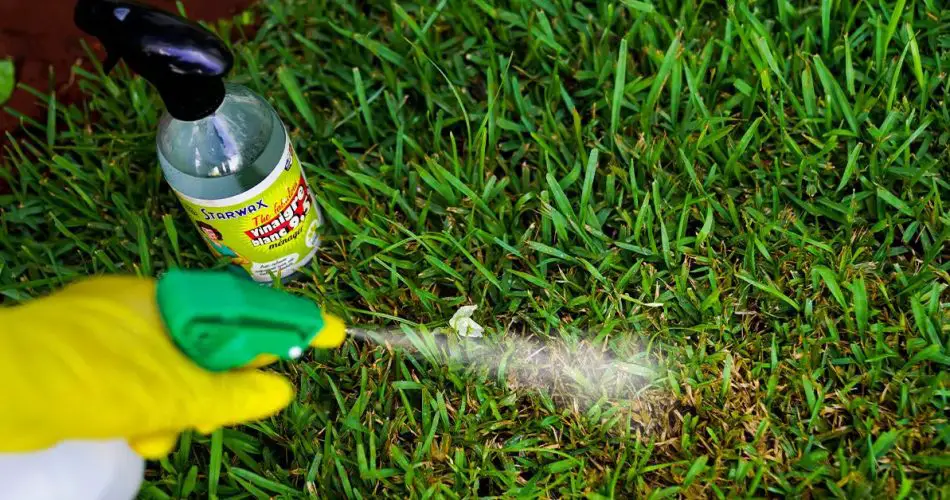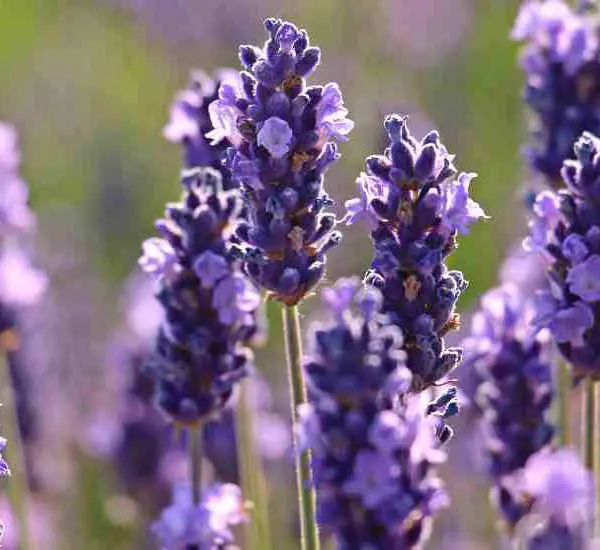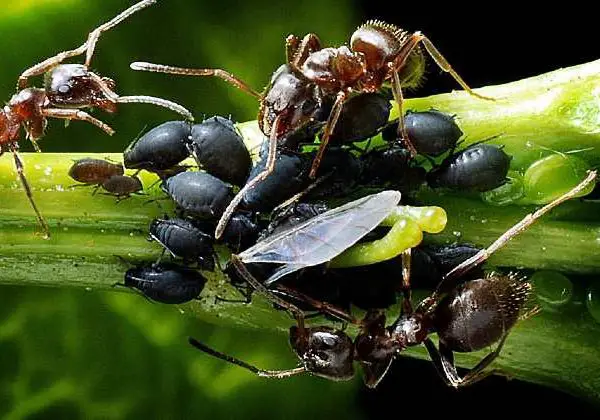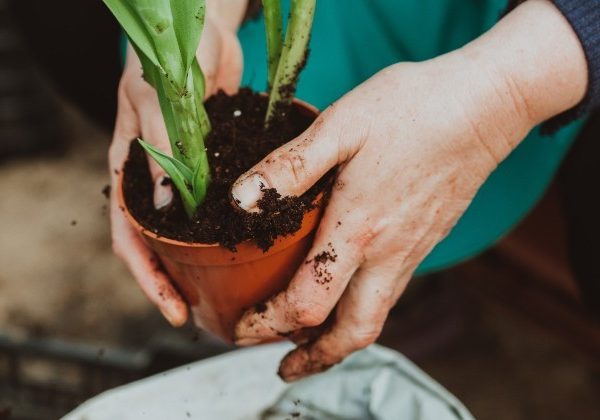Weeds seem to invade every garden! Don’t worry, there are many natural methods to help you eradicate them. If you want to avoid chemical herbicides, consider using an ecological weed killer made from a common household product: white vinegar. Here’s how to make and apply it to those stubborn weeds in your green space.
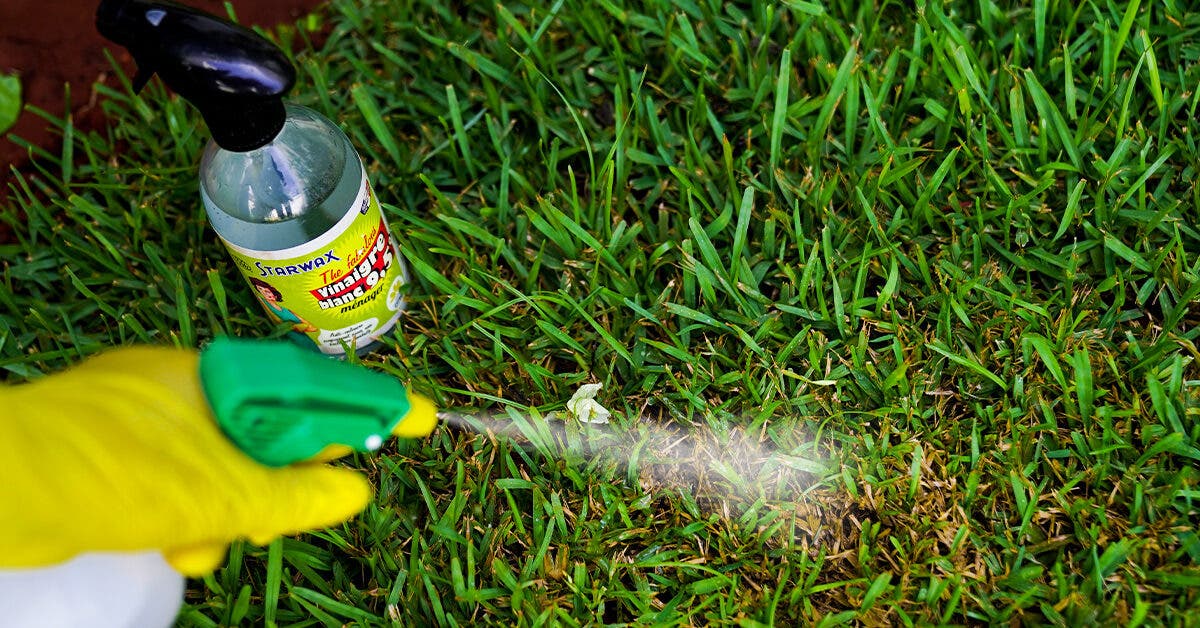
How Does White Vinegar Weed Killer Work?
If weeds are overtaking your garden and hindering your plants’ growth, you might have a useful product in your kitchen: white vinegar. Due to its high acidity, white vinegar serves as a natural herbicide. The acetic acid in vinegar works by drying out and destroying the plant tissues of the weeds.
What Time of Day Should You Use White Vinegar?
Acetic acid is most effective when used in warm weather. Apply the vinegar during the time when the sun is at its zenith to maximize its effectiveness. According to Pierre Le Cultivateur, a horticulture expert, “applying the weed killer several times can help control weeds as they germinate. Always wear protective gear to safeguard your eyes and skin while treating your garden.”
What Type of White Vinegar Should I Use?
Here are some options:
- White Kitchen or Household Vinegar: Typically contains 5% acetic acid. This may eliminate weeds but requires more time and effort.
- Concentrated White Vinegar (10% Acetic Acid): Provides better results and kills weeds more quickly. Available in DIY stores and garden sections of supermarkets.
The higher the acetic acid concentration, the faster the vinegar will act on weeds. Be cautious with more concentrated vinegars, as they require additional protection due to their increased acidity.
How to Use White Vinegar as a Weed Killer?
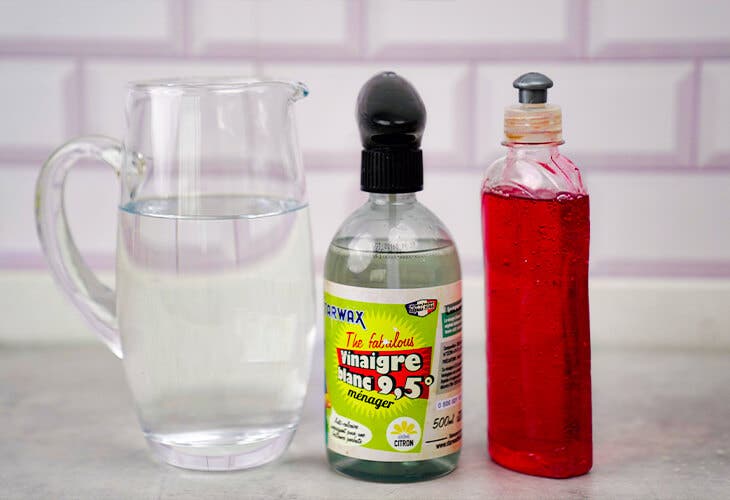
Follow this simple recipe to create an effective vinegar-based weed killer:
What You Will Need
- A vaporizer
- A brush
- Protective clothing, goggles, and gloves
- A face mask
- 10% concentrated vinegar
- Dishwashing liquid (optional)
- Water
Step-by-Step Guide
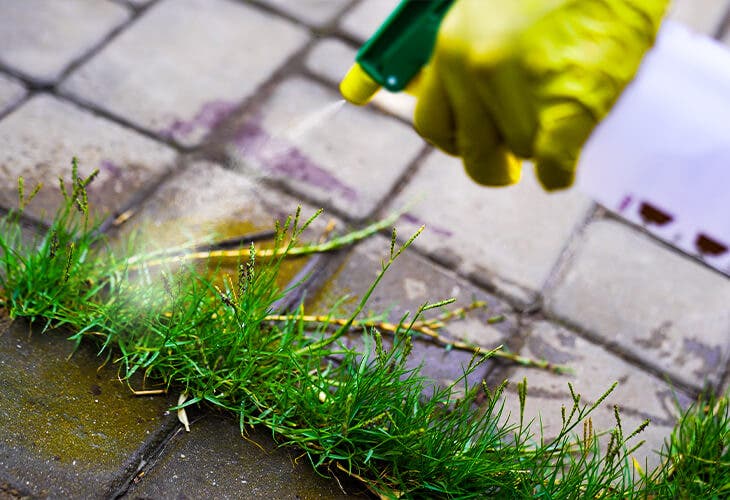
- Choose a Sunny Day:
Check your local weather forecast for sunny days. Sunlight helps activate the vinegar’s effect, enhancing its ability to dehydrate and kill weeds. Rain could wash away your treatment and undo your efforts. - Protect Yourself:
Wear gloves, protective glasses, and suitable clothing before handling concentrated vinegar. A face mask is also recommended to avoid splashes. - Prepare Your Solution:
- Mix 200 ml of vinegar with 5 liters of water.
- Optionally, add 30 ml of dishwashing liquid to the mixture.
- Transfer your solution to a spray bottle. Dishwashing liquid helps the vinegar adhere to the weeds longer and act more effectively.
- Apply Your Mixture:
- Carefully spray the weed killer on the weeds you want to eliminate. To avoid affecting other plants, use a brush instead of a spray bottle.
- If you use a spray bottle, get as close to the plant as possible for precise application.
- Allow the mixture to act for 24 hours. When the plants start to turn yellow, you can pull them out.
What Are the Limitations of Using White Vinegar as a Weed Killer?
White vinegar does have some limitations:
- Targeted Action: Vinegar only affects the parts of the plant it contacts, leaving the roots intact.
- Potential Harm to Surrounding Plants: Vinegar can also impact nearby plants, not just the weeds.
- Soil pH Alteration: Vinegar can change the soil’s pH and harm the beneficial organisms that help keep the soil fertile.
- Strong Odor: The smell of vinegar can be quite strong and unpleasant. Treatment may take several applications spaced two weeks apart.
How Do I Prevent Weeds in My Garden?
To maintain your garden and prevent weed proliferation, follow these measures:
- Avoid Tilling New Beds: This prevents weed seeds buried in the soil from being awakened.
- Use Pre-Emergent Herbicides: These help prevent weed seeds from germinating. Remember to water to activate the product.
- Apply Organic Mulch: Use a 5 cm layer of organic mulch, leaving a margin around plant bases and shrubs. This retains moisture and suppresses weeds.
- Create Block Plantings: Reduce open spaces where weeds can grow by planting in blocks rather than rows.
- Check New Seedlings: Inspect them for weeds before planting them in your garden.
- Weed Regularly: After watering, pull out weeds from the moist soil at their base.
- Use a Soaker Hose: For more targeted watering that hydrates plants while depriving weeds of water.
- Plant Cover Crops in Winter: Use crops like ryegrass or clover to compete with and suppress weeds. In spring, till the soil to enrich it with organic matter.
Advice from Pierre Le Cultivateur, Horticulture Expert
- “For flower beds or lawns, pulling weeds by hand or using mulch is preferable to using vinegar.”
- “Avoid treating weeds with vinegar on windy or rainy days. Wind can spread the vinegar to other plants, and rain can dilute the product, reducing its effectiveness.”
FAQ
How long does it take for white vinegar to kill weeds?
When used properly, vinegar starts to work and shows herbicidal effects on weeds within 24 hours.
Is it safe to use white vinegar as a weed killer around my pets and children?
Household vinegar is generally safe for children and pets once dried. However, frequent exposure to higher concentrations of vinegar can cause skin irritation and other side effects.
Will white vinegar stop weeds from growing back?
White vinegar targets the parts of the plants it sprays but does not affect the roots. Therefore, it is not a long-lasting solution and may not prevent the toughest weeds from growing back.
